All-New Saturday Summaries 2017-03-25
By Mento 0 Comments
Here we are, the last Summaries of March. That also marks the end of the first quarter of the year, and the beginning of the Spring Summaries. What we're doing this week, then, is splitting into four sections:
- The first will look at the next quarter of video game releases and see if it has any hope of surpassing the high bar set by Q1. There are still a lot of games to look forward to this year, and more than that a lot more surprises in store.
- The second will briefly look at the state of my ongoing projects as we head into Q2.
- The third and fourth will be the usual round-up of weekly content followed by a longer piece on the game I've been playing most this week.
So let's talk about April to June. That means the start of the fiscal year and E3, which are usually busy times for releases. E3 starts June 13 though it really starts on June 10 or 11, with the first conferences, so be sure to thank the staff and Marino for their tireless efforts around that time. It should make their jobs way easier to have 10,000 public randos prowling the halls at the same time this year.
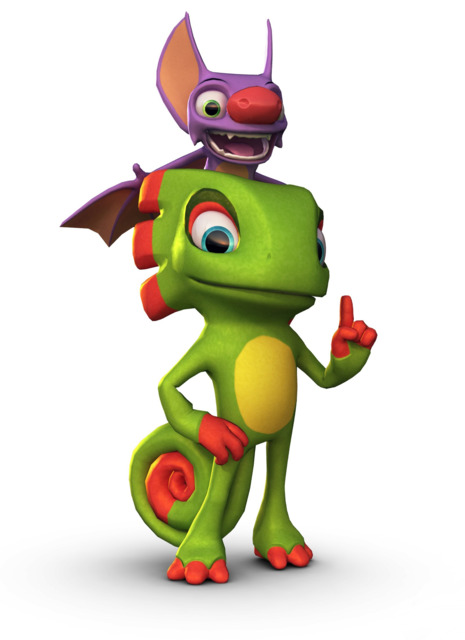
As far as games go, provided the current release dates are accurate, in April we have: the hotly anticipated (by me) Yooka-Laylee leading the 3D platformer revival in earnest; what I hope is the actual release of the localized Shin Megami Tensei: Persona 5; some more localizations I'm excited for with Dragon Quest Heroes II and Puyo Puyo Tetris; remastered versions of Tim Schafer/LucasFilm's Full Throttle and Suda51's The Silver Case; the long-awaited Syberia 3; and that enhanced Mario Kart 8 for Switch. It's already looking like a month to rival March's incredible output.
May will bring us Prey - Prey in May, so hey, that sounds OK. We also have the throwback FPS Strafe; superhero fighter Injustice 2; the new 3DS Fire Emblem: Shadows of Valentia, a remake of the second ever Fire Emblem for Nintendo Famicom; the attractive action-adventure-looking Rime; and that neat VR Star Trek thing that was supposed to have come out months ago. "Supposed to have come out months ago" might well be 2017's slogan, along with "Oh my god, our leaders are so incompetent, everything's on fire and we're all gonna die".
June? Well, June doesn't have a whole lot yet besides the console version of Tekken 7 (hard pass) and that Crash Bandicoot trilogy of remasters. It's the first month of Summer, which usually means a fairly quiet release schedule, but as we've seen in E3s past there's often a few surprise simultaneous announcement-releases as a few game presentations are capped with "...and you can buy it right now!". For that reason, I'm not counting June out just yet. My prediction? We'll finally get Cuphead around E3. The hype for that game was forged in the fires of E3, so it's only fitting it gets released while the event is in progress.
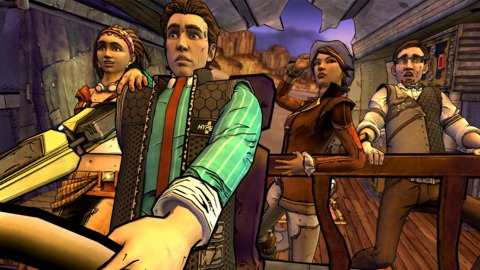
A little closer to home now. The Indie Game of the Week feature, which I hope people are enjoying, has actually been exacerbating the "problem" it was supposed to solve. Since I'm playing a lot more Indie games now, I'm also buying them more frequently in Steam and PSN sales. I have a lot of recent Indies to catch up on, and I'm glad that I haven't really encountered any clunkers yet. Of the twelve games I've covered so far, five were from 2015 and the rest from 2016 - there were a lot of games from those two years which have dropped in price, and it turns out they were pretty major years for that area of the industry. A cursory glance of what's coming up in the next six weeks suggests even more of the same, which makes me wonder why I didn't try a year-long Indie-focused feature before now.
The Top Shelf is moving along quickly now that I've increased the weekly purview to ten games. We're close to the halfway point for the first "round" of eliminations, and should be entering Summer by the time the second round comes along, as planned. I figured the best time to play a bunch of PS2 games is in the middle of Summer where I'm not distracted by a lot of new releases. It's a bit of a bummer that I can't seem to get decent PS2 screenshots from the PCSX2 emulator - I'm using my own discs, so that shouldn't be an issue, but the actual screenshots end up with a lot of unfortunate motion blur due to an insufficient graphics card. The GB wiki's screenshots are always a crapshoot also, with many in the wrong resolution and/or artifacted jpegs. I swear half of them were scanned from magazines. Hopefully I can figure out a way to address that issue when it comes time to write the longer form single game reviews for the second round.
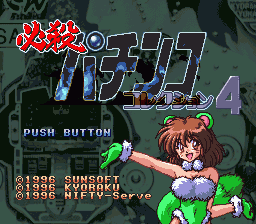
Finally, let's have a quick wiki check-in. SNES 1996 is moving along swimmingly; I've been successfully maintaining the "one month per week" pattern, and will finish off October later today while listening to the dulcet tones of the Beastcast gang. I'll be sure to write another big round-up of 1996's best SNES and Super Famicom games (or "most interesting", which doesn't always overlap) when that project is done sometime in early April.
As for other blogging plans in Q2, I'll want to write something about Yooka-Laylee when I get my hands on it as an early backer of the Kickstarter. There will be a May feature also, though I'll be switching it up this year since I already have a concurrent series looking at Indie games. Before I move onto the final years of the SNES, I've got a few more clean-up wiki projects planned for the NES and Master System. I'm also intent on increasing the week's output to three blogs once the first round of The Top Shelf is over - those bad boys are now 3000-5000 words long with the ten games approach, so it barely leaves any free time for more blogging. Or gaming, for that matter.
Enough about the future though, let's return to the present and this week's blogging:
- In what is the most mainstream episode of The Top Shelf yet, I look at ten widely recognized games and figure out how to pare that list down without offending anyone too much. I know people get antsy about their favorite Tony Hawk games, though perhaps not as antsy as those coming down on "low" Zelda scores. Never forget the victims of 8.8. Another curious aspect of this week's PS2 blog is that every game failed to score the Exclusivity Tilt: without exception, all ten were available on other systems. I suppose that also makes the most accessible blog for those of you who never owned a PS2. See? We're all about accessibility over here.
- The Indie Game of the Week was the unexpectedly excellent Valley. When ZombiePie very kindly tweeted the blog out via the GBDudersFeed community spotlight account, he paraphrased my description of the game as being "curiously paced". It's a fitting term, because half the time Valley resembles a "walking simulator" of the likes of The Vanishing of Ethan Carter or Dear Esther: you're strolling around serene woods and dilapidated buildings, and your only companions are the player character's thoughts (which float across the screen in a fancy typeface, as is often the style) and audio log voiceovers of those who once occupied the area. These quiet parts of the game are about exploration and solving a mystery. Then you have sequences where you're running at incredible velocities and leaping hundreds of meters through the air, often while trying to snipe shadowy horrors from the corner of your periphery, and the game feels completely different. Almost like a giddy high-speed version of Portal or Metroid Prime. It was a fun game to play and review, and I hope more people decide to check it out.
Deus Ex: Mankind Divided
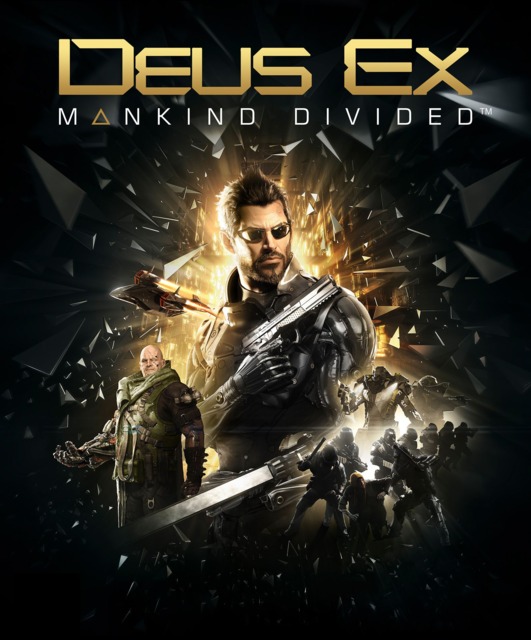
I'm still not sure if I understand the backlash against Deus Ex: Mankind Divided. Sure, the DLC stuff is reprehensible, but it doesn't make itself known in-game all too often. It's not like uPlay, which has to announce itself every time you log in or earn some innocuous achievement to hear you have points waiting in the uPlay store to spend. The silly little triangular code collectibles or the whole Breach stuff - which I've yet to try out - just ended up being random objects in the environment to find. The stealth is as good as it's always been - I really appreciated the new Remote Hacking skill, which lets you temporarily disrupt turrets and cameras and also shut down laser grids and close the blinds on windows as you pass by - and while the game wasn't exactly the most stable thing I've ever seen I never once encountered that annoying glitch where an unconscious body suddenly ragdolls and breaks its own neck, voiding the "Pacifist" achievement without your knowledge. In fact, I walked away with both the pacifist and the no alarms trophies this time around without too much trouble.
Not to get too spoilery, but I really enjoyed the last mission too: it raised the stakes in an unexpectedly thrilling way, presented a few very difficult scenarios and left the player with a number of ways for the story to conclude with a post-game rundown of the repercussions, without the need for a ridiculous cop-out "hit one of these three buttons" ending. I think I also liked this game's hub city of Prague more on the whole than Detroit, with its larger map and the way everywhere seemed to be connected to everywhere else via roof access (you need the higher jump for most of those), sewers or vents.
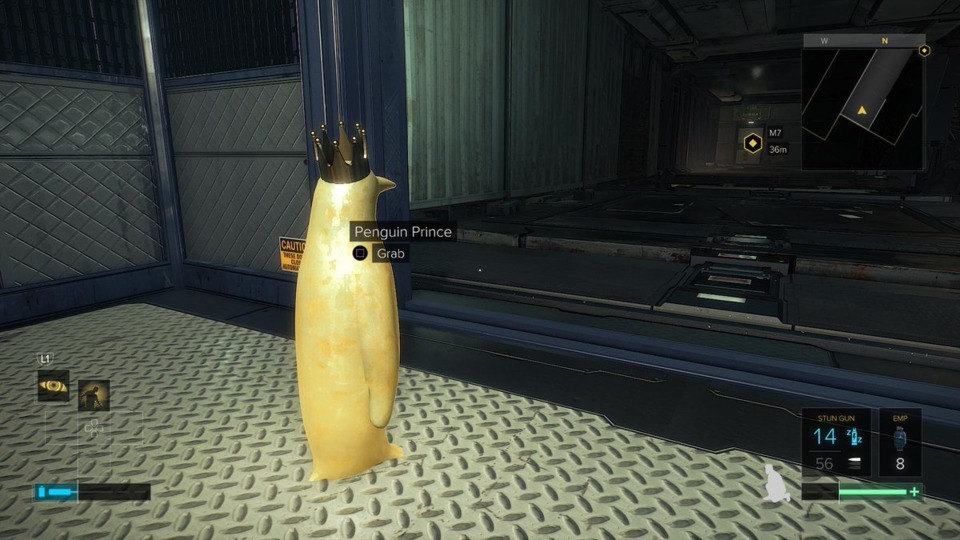
I said I'd broach the game's overt political messages last time, so let's have at it: the game got a little too on the nose with its "augs lives matter" message during its promotional push, but in-game it's treated with a little more nuance. It essentially follows on from the ending of Human Revolution (sorry, need to do some spoiling for DX:HR here) and the catastrophic moment when every augmented person went temporarily insane due to Hugh Darrow's scheme to hit the brakes on human augmentation with a massive industry-imploding tragedy before it got too out of hand. This devastated many areas of the world we didn't see the first time, including Dubai where many large-scale luxury resorts - I suspect they were riffing on the Palm Jumeirah here - were being constructed by large groups of augmented workers, leaving its under-construction areas permanently shut down in reverence to the large number of fatalities, and also had a significant impact on parts of the world which were more augmentation-friendly than others. Places like Prague and the Czech Republic, which turned 180 degrees on augments after the incident and criminalized them, turning those who were already augmented into unwelcome second-class citizens. The game makes sure you, as moody cyborg Adam Jensen, feel this oppression keenly with the number of times you get stopped by cops for random security checks. It's irritating, happens often and unexpectedly, and causes the game to come to a screeching halt each time - exactly like how it must feel in real life. I've spoken before about a game deliberately making itself less fun for the sake of empathy or proving a point - it's my prevailing theory for why the Max Payne hallucination levels are so awful, because they're supposed to be nightmares - and I respect Mankind Divided for going that route and potentially alienating a large proportion of its audience that will probably never have to feel persecuted in that way. To reiterate, the game's politics aren't entirely subtle about its symbolic messages on exclusion, bigotry and putting an entire quotient of the population on blast for something they had no control over, but I can admire some of the ways it tries to get that message across. Or at the very least admire that they went for it at all.
The game's structure is more or less identical to the previous game, however. After a "cold open" mission of sorts, the player is given the reins to explore a central hub city and get involved in any number of side missions and other skulduggery before continuing the main story thread. They can start robbing places blind by eluding detection, or exploring every nook and cranny to find all the XP bonuses for infiltrating secret areas or secure locations where they shouldn't be. You can reach a lot of places early on, though many more require some of the traversal-focused augmentations Jensen has: hacking doors, punching through walls, safely breathing toxic air, bigger jumps, lifting heavy objects like dumpsters or vending machines, etc. The game then has you fly across the world to various locations to further the conspiracy-uncovering plot, and there's more than one occasion where your loyalty to the Interpol secret task force branch you're in is at odds with the underground hacker collective you're secretly working with to uncover the Illuminati organization that engineered the events of the previous game. The game's also getting closer to the "present" of the first Deus Ex, with the appearances of younger versions of JC's boss Joe Manderley, Illuminati "head" Morgan Everett, and that game's antagonist Bob Page. I don't think I ever got far enough into the first Deus Ex to recognize all the references, but the game seemed eager to do that annoying prequel thing of setting up every major player for the story that chronologically follows.
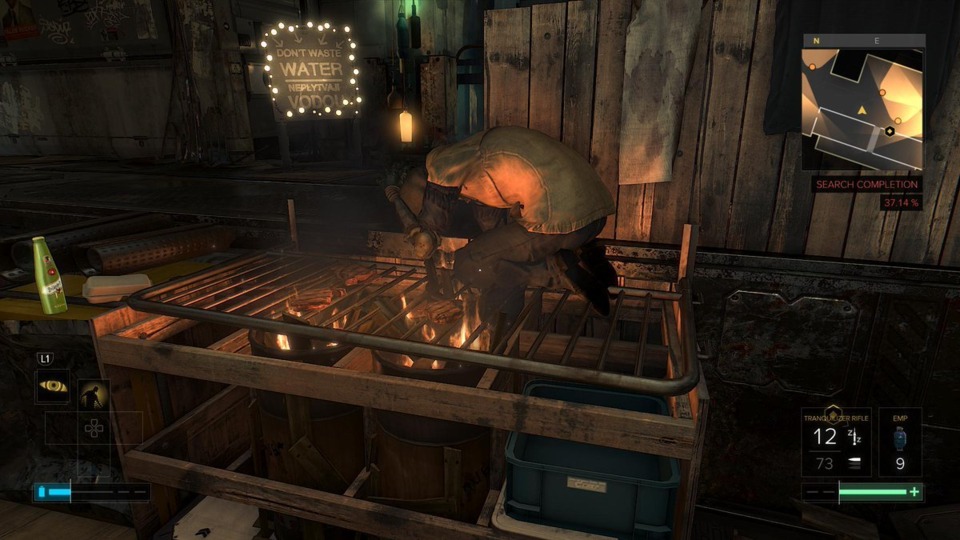
Mankind Divided isn't perfect. I didn't care for the occasionally exaggerated facial animations, though they calmed down a bit in the later game, and if anything the new augments might be a little too powerful. Between the cloak, the remote hacking and an aug that slows down time for everyone, it became exceptionally easy to waltz through almost every location. The end mission, as already stated, was difficult in unexpected ways which upset the curve a little, but I still appreciated the challenge. I'll maintain that the game is every bit as good as Human Revolution, however, even if it lacks the former's significance to the evolution to the series as a whole. It has all HR's strengths and only most of its weaknesses, and while it didn't have as much impact on the world of Deus Ex as the first did, it still presented an enjoyable conspiracy thriller with everything I might want out of this series. It was a substantial game, also: I certainly didn't expect it to take almost two weeks to complete, but Future Prague ended up being a fun city to get lost in.

0 Comments